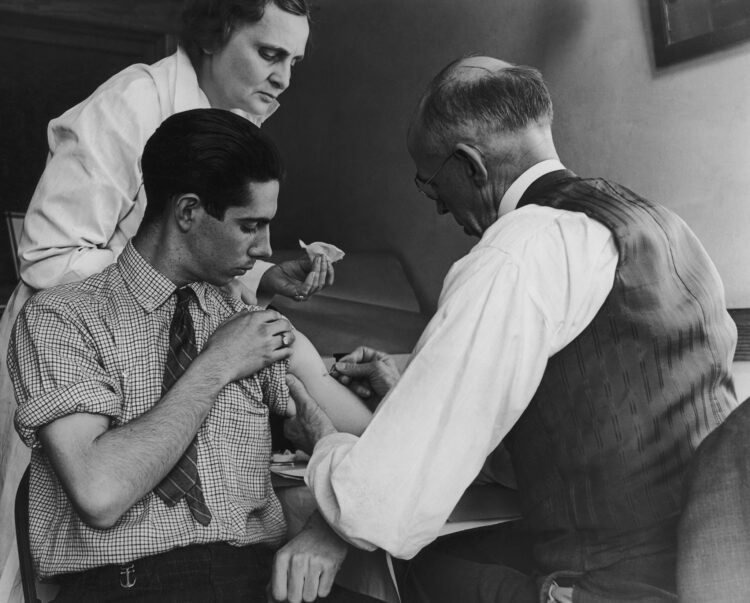By Ben Kerrigan-
The UK was right to delay second vaccine doses in favour of giving more people first shots, according to new research published in the British Medical Journal (BMJ)
Modelling by US experts found that deaths would have been higher if the government had chosen to give second doses four weeks after the first, rather than the current 12 weeks.
The news goes badly with the prime minister’s latest comment ahead of a meeting of the Scientific Advisory Group for Emergencies (Sage), which will reportedly discuss the issue on Thursday.
Although infections in England are now at their lowest levels since August, Mr Johnson said new variants “pose a potentially lethal danger” to the country.
Asked about the schedule easing of lockdown restrictions should go ahead, Paul Elliott, an epidemiologist at Imperial College, said: “It is a difficult question because we have low levels of prevalence in the community, and we’ve got low levels of disease in hospitals and deaths, so that’s good.
“But I think that the patterns in the Indian variant are cause for some concern.”
Meanwhile, India continues to suffer from a devastating second wave of the virus, with 362,727 new Covid-19 infections and 4,120 more deaths reported on Thursday.
Scientists hold urgent talks amid fears that Indian variant could delay final lockdown exit
UK ‘traffic light’ system for foreign travel risks importing variants, experts warn.
Modelling by US experts found that this action was better than following the usual timeframe of three to four weeks between shots.
However, Matt Hancock has previously stressed the importance of the British public taking two, if necessary, three doses of the vaccine to stay ahead of mutations of the virus.
The need to delay the second dose of the coronavirus vaccine due to blod clots and other uncertainties surrounding its complete safety is sensible, but could counteract the essence of having a first vaccine if the situation is not sorted out as quickly as possible.




